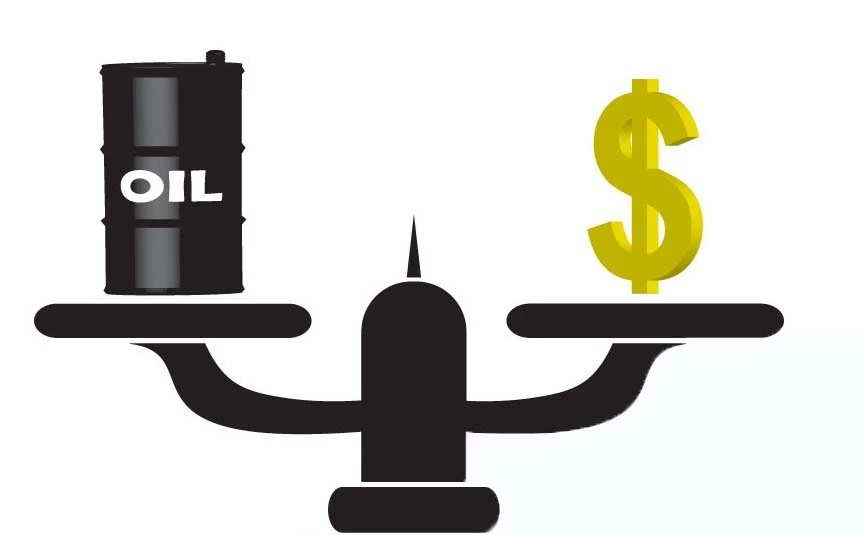Kuwait Objects to Reduction of Crude Output
OPEC started its meeting on 27th November, 2014. The whole petroleum markets pay great attention to the proposal of cutting oil output.
Before this, Oil Ministers from Iran, Saudi Arabia, Angola and the UAE stated their perspectives on international crude production in succession. They thought that OPEC would make a trade-off on the current crude price and market shares.
Nevertheless, they are not in agreement with each other when talking about the reduction of output. Iran indicated no change on its oil output. Saudi Arabia thought that Saudi, America and some other countries should not cut their outputs. Angola, however, hinted at the reduction of OPEC crude.
Saudi Arabia is the biggest member state of OPEC. Its Oil Minister Ali Al Naimi objected to the reduction of crude. He thought that the continually decreasing oil price would adjust itself. At the same time, Ali Al Naimi also said that GCC had reached consensus on this topic. They believe that OPEC will also come to the same conclusion. CGC refers to Saudi Arabia, Kuwait, Qatar and the UAE.
On the eve of OPEC, Ali Al-Omair, Kuwait Oil Minister declared that member states of OPEC had to accept the oil prices at 60 USD, 80 USD or 100 USD. Whereas, he declined to comment on consensus among members of OPEC.
Concerning the third drop of oil price to below 80 USD per barrel since June, Al-Omair declared that, no matter how much the prices are, 60 USD, 80 USD or 100 USD, Kuwait must accept them frankly. He also expected that members of OPEC would maintain unity and make consensus on the petroleum conference on Thursday, 27 November.

Related News
- Installation of Main Bolts for Lap Joint Flange in High-Temperature Gas-Cooled Reactors
- Structural Design and Finite Element Analysis of Anchor Flanges
- Key Welding Technology for High-Neck Flange and Steel Pipe Joints
- The Design and Calculation of Stamped Lap Joint Flanges
- Development of Manufacturing Large Anchor Flanges
- Hardfacing the Inner Surface of Long-Neck Flanges Using CO₂ Gas-Shielded Welding
- UHV High-Neck Flange Welding
- Application of High-Neck Flange to UHV Steel Pipe Tower
- Analysis of the Cracking Cause of High-Neck Flanges
- Anchor Flanges for the East-West Gas Transmission Project

